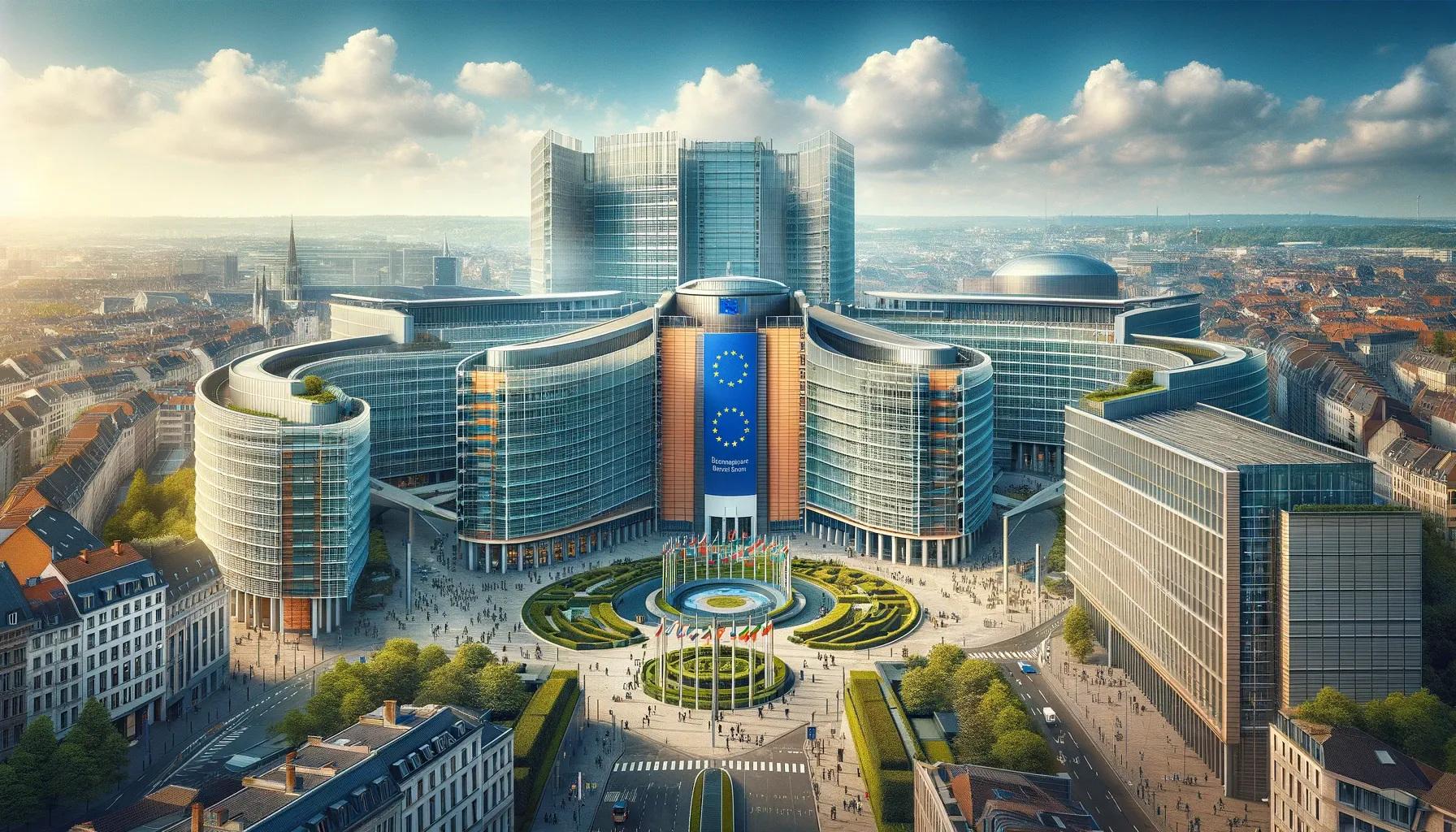A New Dawn in EU Leadership: Women Poised to Lead Top Institutions
In a groundbreaking shift, the European Union may soon witness an unprecedented scenario where all key leadership roles within its primary institutions are held by women. This remarkable potential transformation comes as the EU gears up for pivotal elections in June, which will see the redistribution of top positions across

In a groundbreaking shift, the European Union may soon witness an unprecedented scenario where all key leadership roles within its primary institutions are held by women. This remarkable potential transformation comes as the EU gears up for pivotal elections in June, which will see the redistribution of top positions across the European Council, Commission, Parliament, and the head of the European External Action Service.
Speculation is rife in the political circles of Brussels, with the names of four distinguished female leaders emerging as frontrunners for these influential posts. Germany's Ursula von der Leyen is poised to continue her tenure as Commission chief, while Malta’s Roberta Metsola is expected to maintain her role at the Parliament. Denmark’s Prime Minister Mette Frederiksen is being considered for the presidency of the European Council, and Estonia's Prime Minister Kaja Kallas is a strong contender for the role of High Representative of the Union for Foreign Affairs and Security Policy.
This potential 'dream team' of female leaders signifies a powerful message of change and gender equality in the EU's top echelons. However, the path to these appointments is not without its complexities and uncertainties. Traditional gender biases and political negotiations remain significant factors in this high-stakes process.
The distribution of these roles also reflects the intricate political dynamics within the EU. The European People’s Party is likely to retain control of the Commission and Parliament, while the Socialists may secure the European Council, and the Liberals are set to lead the External Action Service. This alignment echoes the current political landscape, with the European People’s Party and the Socialists & Democrats leading in recent polls.
Despite the optimism, challenges remain. Frederiksen's stance on migration and Kallas' firm position on Russia are points of contention that could influence their candidacies. The EU’s historical gender imbalance in leadership roles further highlights the significance of this potential shift. The European Council presidency has never been held by a woman, and the Commission only saw its first female leader with von der Leyen's appointment in 2019.
As the EU grapples with critical issues such as migration, economic stability, and foreign policy, particularly in light of the ongoing conflict in Ukraine, the potential appointment of these four women to key leadership positions stands as a beacon of progress and a testament to the changing face of European politics.




